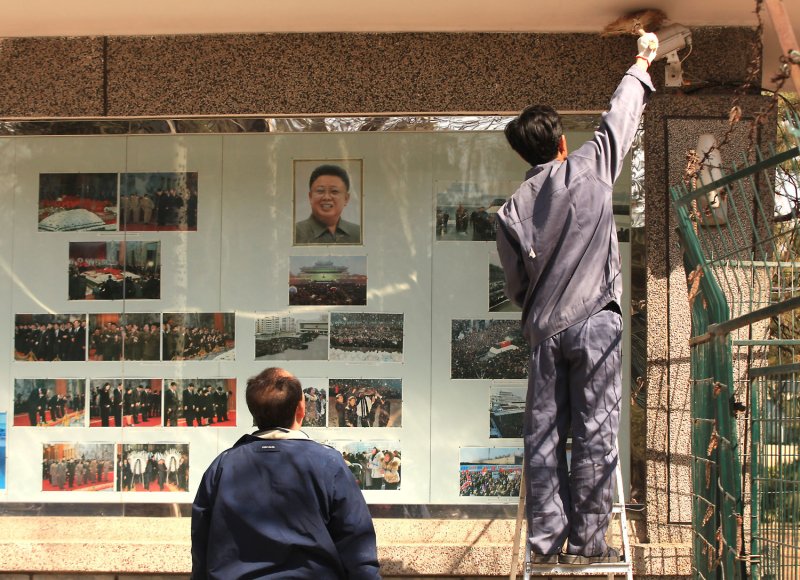WASHINGTON, March 19 (UPI) -- Drug use is rising across different sectors of North Korea's population and methamphetamines produced inside the country lead to foreign and domestic trade, the U.S. State Department said in its annual narcotics control report Thursday.
The International Narcotics Control Strategy Report, or INCSR, stated methamphetamines, or crystal meth, continue to dominate North Korea's illicit drug market. The report said it is not clear whether the North Korean government is directly involved in drug production, but North Korean officials have in the past been apprehended for drug sales.















